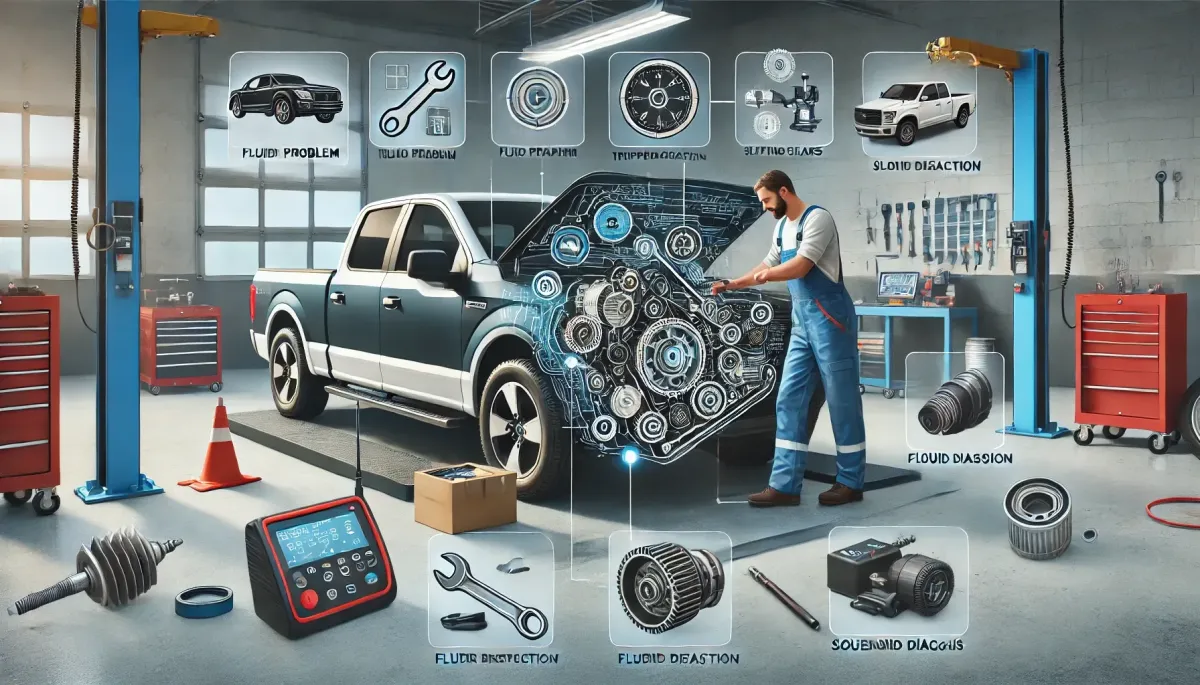Transmission Troubleshooting: Identifying and Resolving Common Issues
Troubleshooting transmission issues is crucial for maintaining the reliability and performance of your pickup truck. This blog post provides a detailed guide on how to identify and resolve common transmission problems, including slipping gears, delayed shifting, and overheating. Discover the essential diagnostic tools and techniques, such as using an OBD-II scanner, checking fluid levels, and performing pressure tests, to accurately diagnose issues. Additionally, the post offers preventative maintenance tips to avoid future problems, ensuring your truck's transmission remains in top condition. Keep your vehicle running smoothly and avoid costly repairs with this comprehensive troubleshooting guide.






